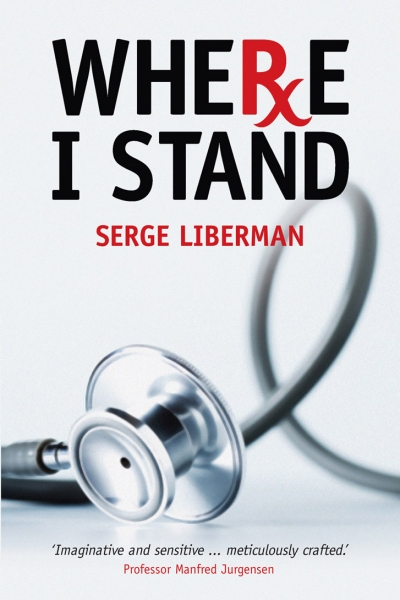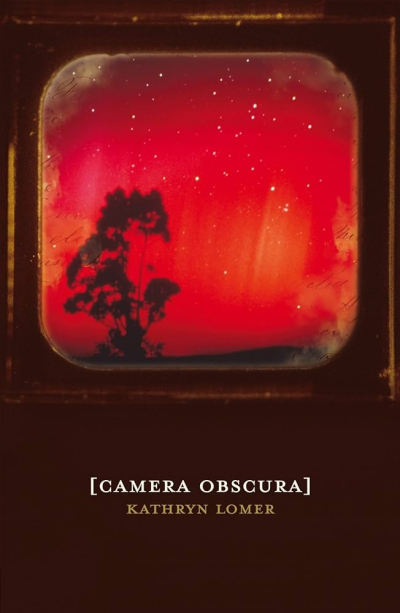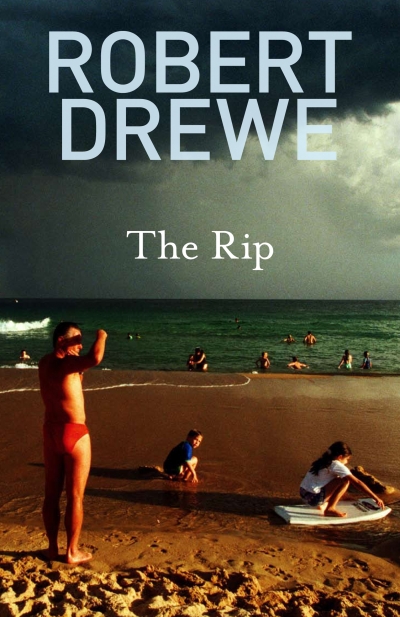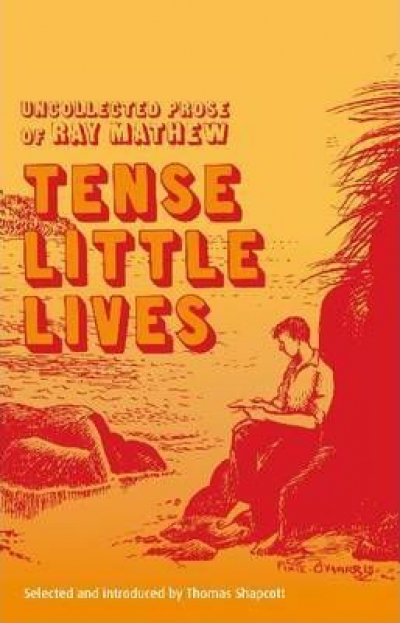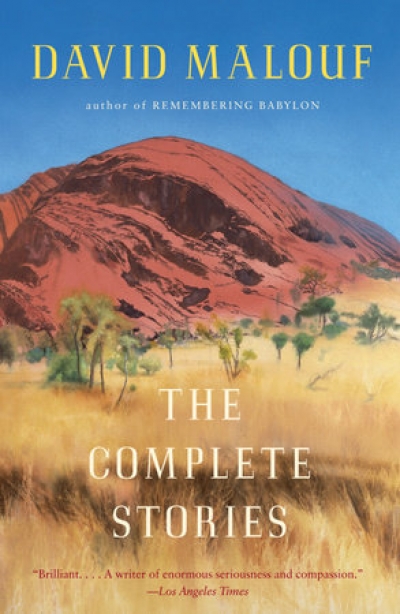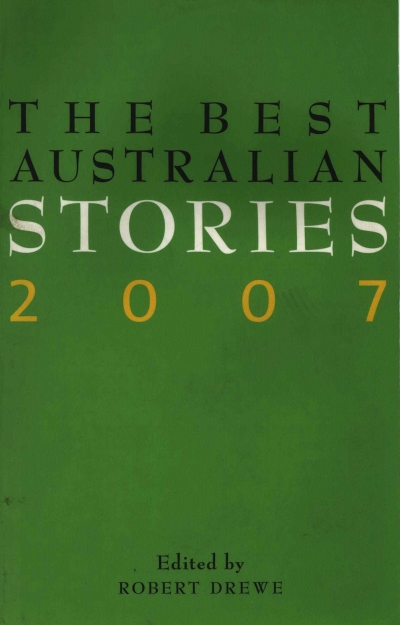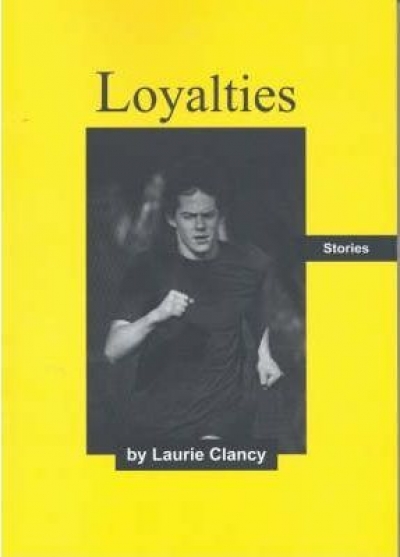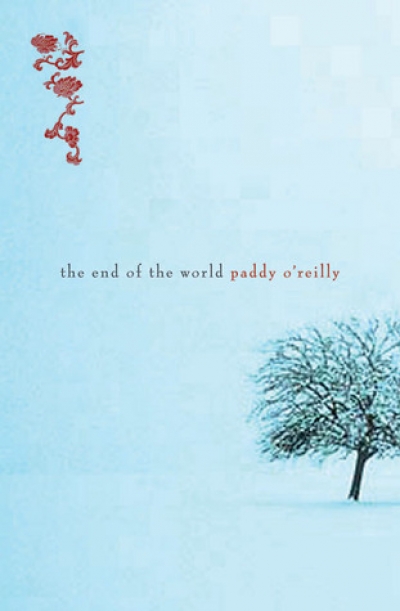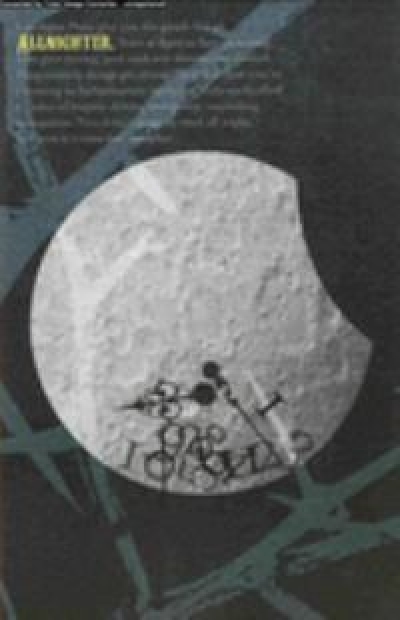Short Stories
Tense Little Lives: Uncollected prose of Ray Mathew edited by Thomas Shapcott
by Adrian Mitchell •
The Best Australian Stories 2007 edited by Robert Drewe
by Rosemary Sorensen •
The Sleepers Almanac 2007: The family affair edited by Zoe Dattner and Louise Swinn
by Annie Condon •

